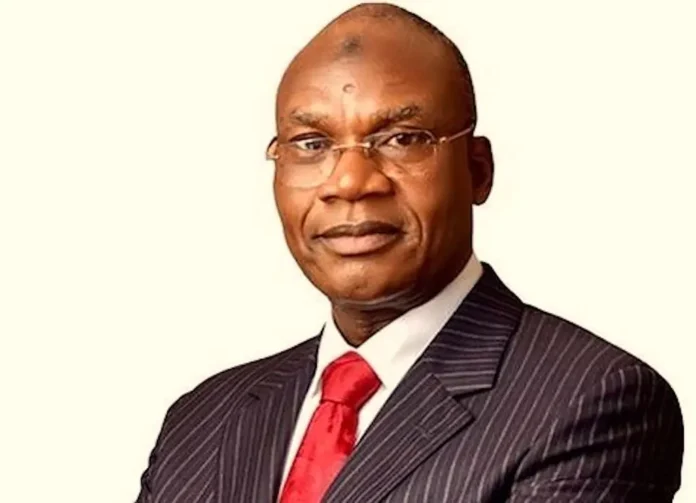The Federal Government has explicitly stated that there are no intentions whatsoever to transfer ownership of government-owned tertiary institutions, especially universities, to private investors. This assurance was emphatically provided by the Minister of Education, Prof. Tahir Mamman, during the ministry’s recent engagement with heads of units and chief executive officers of its parastatals and agencies.

Addressing concerns raised by the Academic Staff Union of Universities (ASUU) regarding alleged plans to privatize federal universities through public-private partnerships, Prof. Mamman categorically dismissed these claims as baseless. “There is absolutely no plan to sell universities to private investors,” he affirmed, underscoring the government’s commitment to preserving and strengthening public institutions.
He clarified that the government’s policy encourages transnational education, aimed at enhancing global competitiveness in Nigeria’s tertiary education sector. This policy seeks to attract international investments and collaborations without compromising the ownership or integrity of Nigerian universities.
Contrary to misinformation circulating, Prof. Mamman stressed that the government values and supports public universities, while acknowledging the essential role of the private sector in tertiary education provision. He pointed out that Nigeria currently has more private universities than public ones combined, highlighting the government’s strategy to leverage private investments for expanding educational opportunities.
Elaborating on the rationale behind promoting transnational education, the minister emphasized the benefits observed globally, particularly in Asia, where international institutions have contributed significantly to raising educational standards and fostering economic exchanges.
In collaboration with local universities, international educational entities are encouraged to establish or operate within Nigeria under established guidelines for transnational education. This approach, he emphasized, aims not to privatize but to enhance the quality and global relevance of Nigerian higher education.
Dr. Tanko Sununu, Minister of State for Education, echoed these sentiments during the meeting, emphasizing the necessity for continuous improvement and adaptation in education to meet the demands of the 21st century. He highlighted the importance of character, knowledge, and skills in shaping a resilient workforce capable of contributing effectively to national and global development goals.
Reflecting on the African Union’s focus on education in 2024, Dr. Sununu underscored the imperative of lifelong learning experiences that empower Nigerian graduates to excel on the international stage. He affirmed the government’s commitment to fostering an educational environment that prepares individuals to lead and innovate in their respective fields, aligning with global educational standards and aspirations.




